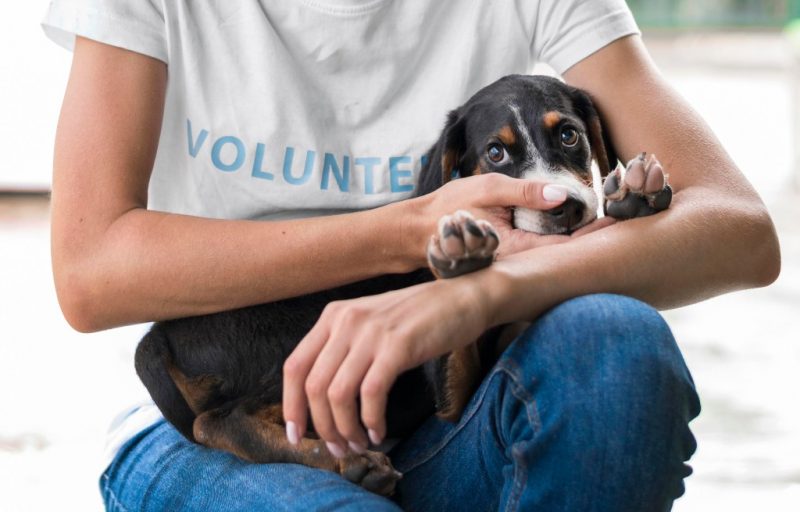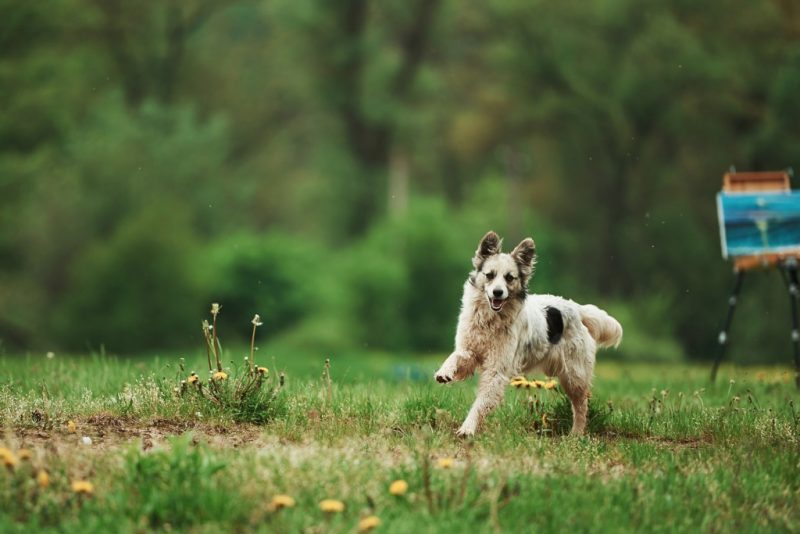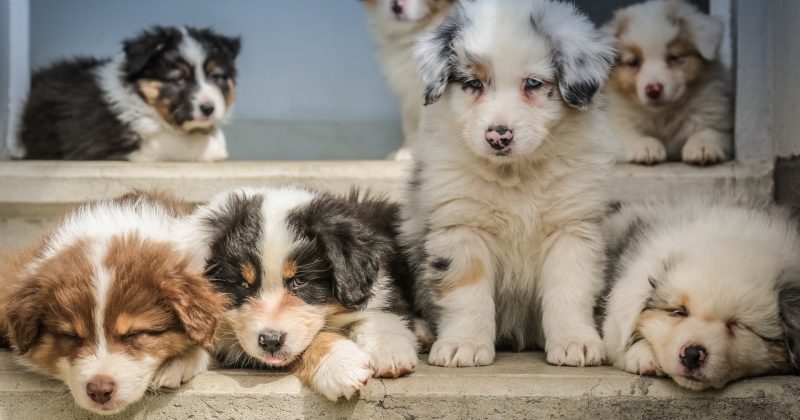Investing in a good puppy school will not only get you and your pet off to a strong start, but also serve you both well in the long run. Puppy schools help you train your dog and offer a chance to really get to know them outside of the home. They’re a safe space where you can observe your dog interacting with new friends, environments, and gain an insight into their personality. Plus you’re able to do all this while safe in the knowledge that you’re also being set up for success by an experienced trainer.
In the short term, puppy school offers dogs and owners the opportunity to socialise safely and learn the basics of training. But a good puppy school will put more emphasis on the education of the owner than the pup. There is only so much anyone can teach a puppy in that short window of time. But by teaching the owner, we can send them home with the right tools and information to succeed.
The more education dog owners have on behaviour and training, the fewer issues they will have later with their dogs. Most unwanted behaviours are driven by the emotional state and frame of mind the dog is in. So focusing on a dog’s mental, as well as physical, health is the way forward.
Puppy school can be a great emotional support during a joyous but often overwhelming time. Sitting down each week, knowing you’re not in this alone, that others are going through similar issues, while working together and sharing information, can be empowering to owners.
It is worth noting that puppy school may not be for all dogs. Some animals feel overwhelmed and scared in group environments, while others get hyper aroused. This doesn’t mean there is anything wrong with them. Just that they would do best in a different training scenario, such as a one-on-one environment or smaller class.
How to Choose a Good Puppy School
It’s worth taking your time when deciding what puppy school is right for you and your dog. A good program can set you both up for success, but a poorly run school can be detrimental during this crucial developmental stage of your pet’s life. Here are the key factors to keep in mind when researching puppy schools.
How Big Is the Puppy School Class?
We recommend a maximum of four or five puppies per class. Ideally the trainer has a helper with them also. Think of it as a classroom: it has to be calm so that everyone can concentrate. Too many participants and the atmosphere quickly becomes over stimulating, setting the pups up to learn nothing but hyper arousal. Too few and the dogs may not get the opportunity to interact with new friends and broaden their learning.
Does Your Trainer Know the Difference Between Habituation and Socialising?
Between the ages of three to fifteen weeks your dog’s mind is like a sponge. This is known as the socialisation period and it’s the best time for them to learn about the world and whose in it.
Habituation is about getting them used to different environments and building positive associations. Whereas socialising refers to learning how to react in socially appropriate ways to different animals and people.
A “social dog” isn’t simply friendly to everyone they meet. They have the ability to read and react appropriately to others. Sometimes that means not running up and getting in another animal’s face straight away.
A school that allows dogs to play non stop is not necessarily teaching them to be social, it’s teaching them how to play and potentially not helping them learn to settle and relax in a group environment.
Does Your Trainer Understand and Use Positive Reinforcement?
Dog training is about communicating and rewarding the behaviours you want to see from your pet, rather than correcting unwanted behaviours. A good trainer will help you understand how to communicate with your pet so they understand what you want from them.
Avoid Trainers and Puppy Schools That Focus on Correction, Discipline, Respect, and Dominance
Using punitive methods and terminology such as “pack leader” and “dominant” are outdated, but many trainers still use these techniques. If your trainer starts employing this language, opt out early before you do more harm than good.
Hear more from Ian on the Healthy Dog Pod.
Read all our expert advice on everything (else) you need to know about preparing for a new pup, head over to Scratch’s New Dog Guide.
While you’re here, subscribe to our newsletter, check out our magazine, and follow us on Instagram, Facebook, and Twitter.
Lead image via FreePik








